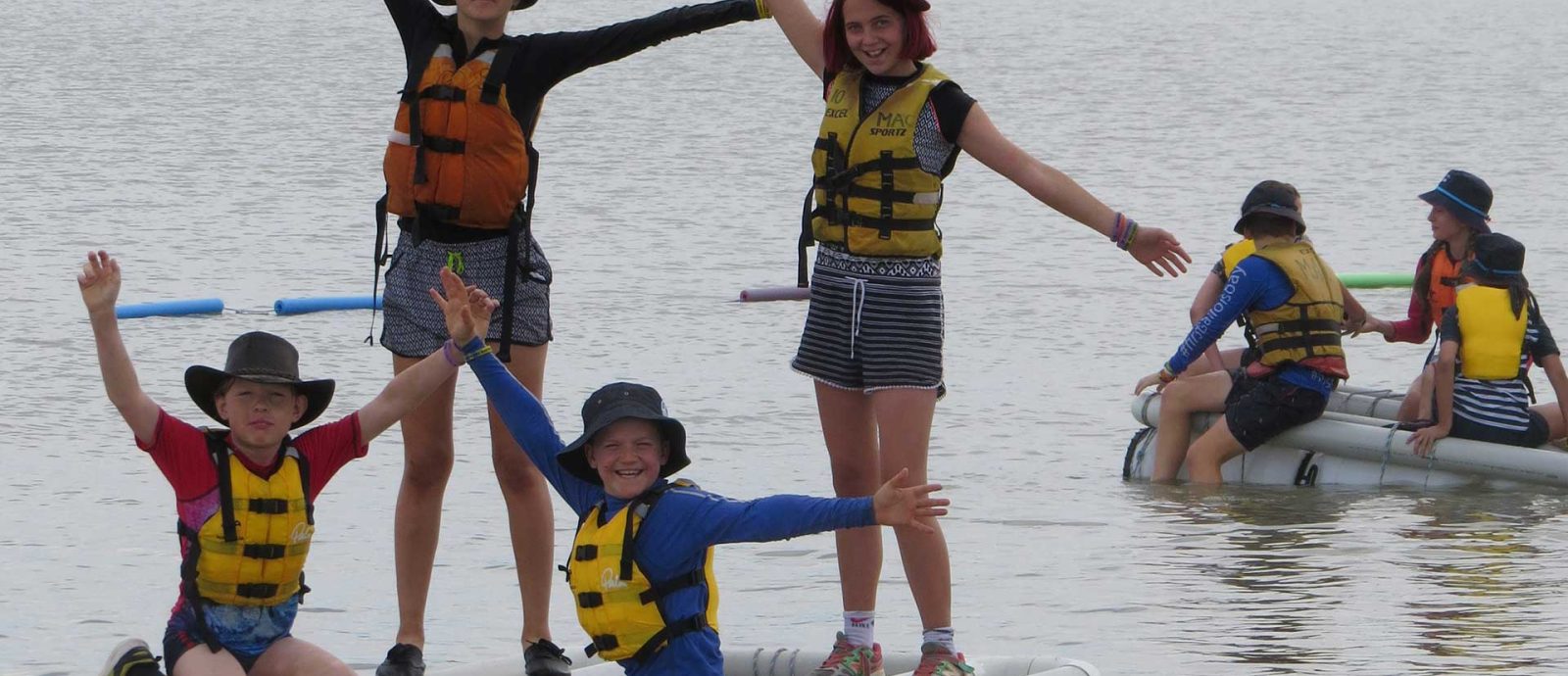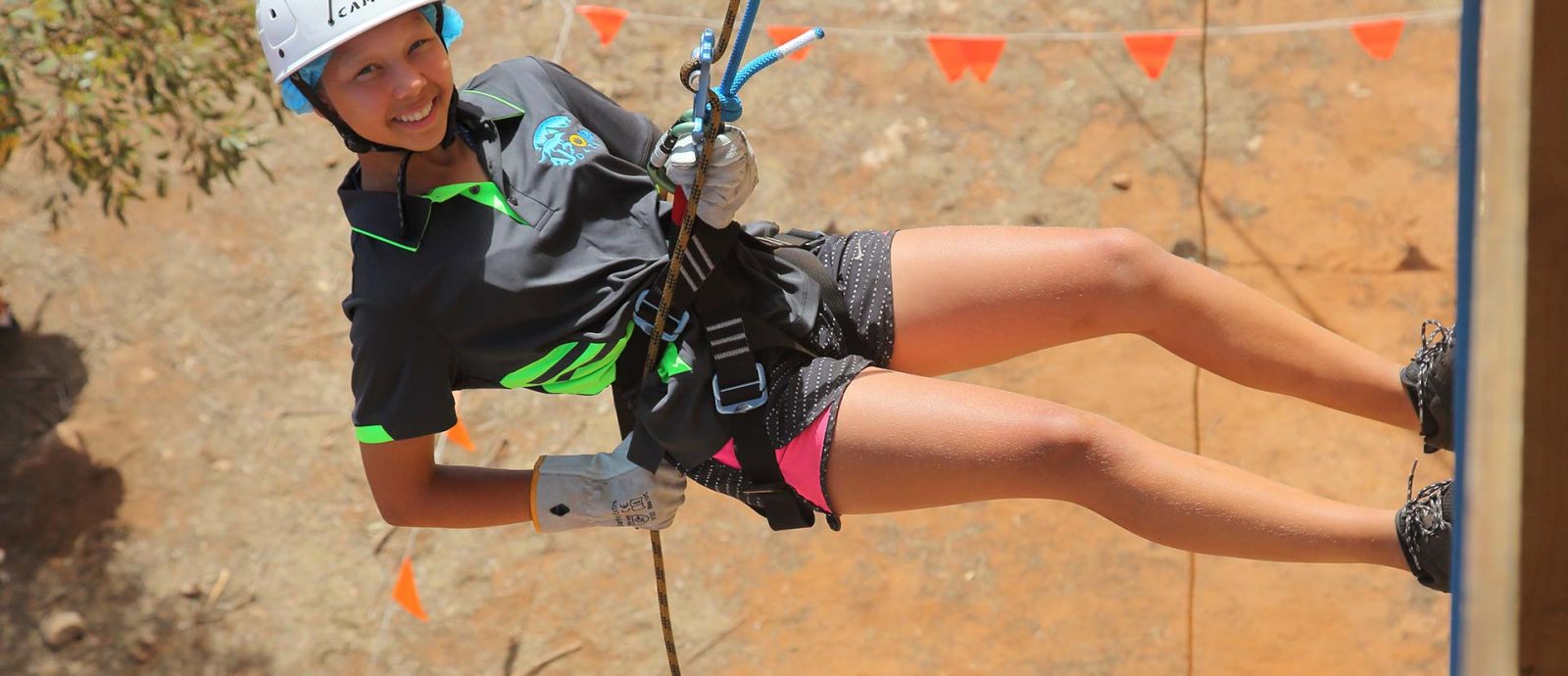Scouting in a Changing World
There is no doubt we live in an ever-changing, fast-paced world. Since its existence, Scouting as a movement has seen a lot of change in the world but globally, Scouting continues to successfully grow. In Australia, Scouts has seen member numbers fluctuate.
As a movement, we need to be forward-thinking, adaptable, and focused on the meaning behind our Purpose.
Leaders and supporters in Scouting, are expected to be connected and tuned-in to the needs and interests of young people. This means not only those who are Scouts already, but also those who may not have heard of Scouts. The responsibility lies with the leaders to pursue constant learning and development opportunities, to be an active part of the local community, and most importantly, to engage with young people. Understanding and empathising with the needs and interests of children and young people will help facilitate a great program.
Key Messages about the Youth Program
Contemporary Scouting programs support young people living in a fast moving, fast changing globalised society to engage in personal development. To be relevant, Scouting has to constantly adapt to the needs and aspirations of each changing generation of young people.
Youth Involvement
Within the Scouting environment, a collaborative approach to learning is promoted where youth and adults share knowledge, skills and ideas. Opportunities are facilitated for all Scouts to grow their leadership and decision-making skills as part of their experience.
Article 12 of the United Nations Convention on Rights of the Child states that children and young people have a right to have a say in decisions that affect them. Adult leaders have a clear responsibility to make sure that Scouts are actively involved in making decisions about their Scouting journey at all levels.
Scouting is: a movement of young people, supported by adults
Scouting is not: a movement for young people, managed only by adults.
Youth involvement occurs at all levels of the organisation. We are also part of our wider community; through Scouting, we also promote and enable youth involvement beyond Scouting.
Unit Level
Scouts work as members of a team. Scouts are encouraged to share their individual skills and experience with others through Scouting activities. All Scouts are involved in a process called PIan>Do>Review>. Leadership is developed through participating, assisting and leading activities. Leadership roles exist within Patrols (small groups) and within the Unit structure. Adults are trained in how to work in partnership with young people, and how to enable the concept of youth leading, adults supporting with the relevant age group.
Organisational Level
Opportunities for involvement at the organisational levels of Scouting develops the skills young people need to lead. Young people are actively encouraged to apply for leadership positions. Structures require a minimum level of youth representation. At the national and branch organisational levels there are specific Commissioners focused on youth empowerment and youth involvement.
Community Level
Our Scout Method and programming techniques ensure Scouts are involved with and connected to their communities. Our core values, expressed through our Scout Promise & Law, encourage Scouts to lead by example within their communities. Aspects of our Achievement Pathways promote involvement in the community, and the leading of positive change.
A Changing World
Our world is forever changing, and as our Purpose states, our role is to prepare young people to help make it a better place. The number of issues experienced in our changing world can be overwhelming for young people. As Scouts, it’s important that we are as clever and informed as we can be, and focus our attention where it’s needed most.
When talking about our changing world, we talk about issues of sustainability — defined by the United Nations (UN) in 1987 as “Sustainable development seeks to meet the needs and aspirations of the present without compromising the ability to meet those of the future”. Being prepared for, and helping create a better world is central to the issues around sustainability.
Sustainable Development Goals (SDGs)
The Sustainable Development Goals (SDGs) are a set of 17 goals, identified by the United Nations (UN) as the most important goals for making our world a better place. They were finalised in 2015, are accepted by most countries of the world, and build on years of work by the UN. The SDGs aim to achieve sustainable outcomes —things that won’t just be a short-term fix, and instead will continue to be better for a long time.
The SDGs are:
- End poverty in all its forms everywhere
- End hunger, achieve food security and improved nutrition, and promote sustainable agriculture
- Ensure healthy lives and promote wellbeing for all at all ages
- Ensure inclusive and equitable quality education and promote lifelong learning opportunities for all
- Achieve gender equality and empower all women and girls
- Ensure availability and sustainable management of water and sanitation for all
- Ensure access to affordable, reliable, sustainable, and modern energy for all
- Promote sustained, inclusive, and sustainable economic growth, full and productive employment and decent work for all
- Build resilient infrastructure, promote inclusive and sustainable industrialization and foster innovation
- Reduce inequality within and among countries
- Make cities and human settlements inclusive, safe, resilient, and sustainable
- Ensure sustainable consumption and production patterns
- Take urgent action to combat climate change and its impacts
- Conserve and sustainably use the oceans, seas, and marine resources for sustainable development
- Protect, restore and promote sustainable use of terrestrial ecosystems, sustainably manage forests, combat desertification, and halt and reverse land degradation and halt biodiversity loss
- Promote peaceful and inclusive societies for sustainable development, provide access to justice for all and build effective, accountable, and inclusive institutions at all levels
- Strengthen the means of implementation and revitalize the global partnership for sustainable development.

Be prepared to connect.
Facebook and Instagram are fantastic ways to promote Scouting. Please enjoy their use by posting photos and stories about the great activities you are doing in Scouts.
Terms & Conditions
This site is made available by Scout Association of Australia, South Australian Branch Incorporated [ABN 35 621 021 366] and is referred to as Scouts SA, “us”, “we”, “our” in these Terms and Conditions. Your use of this internet site, and the purchase of any goods from us, is subject to these Terms and Conditions. You agree to be bound by these Terms and Conditions by accessing, browsing, and purchasing from this website.








